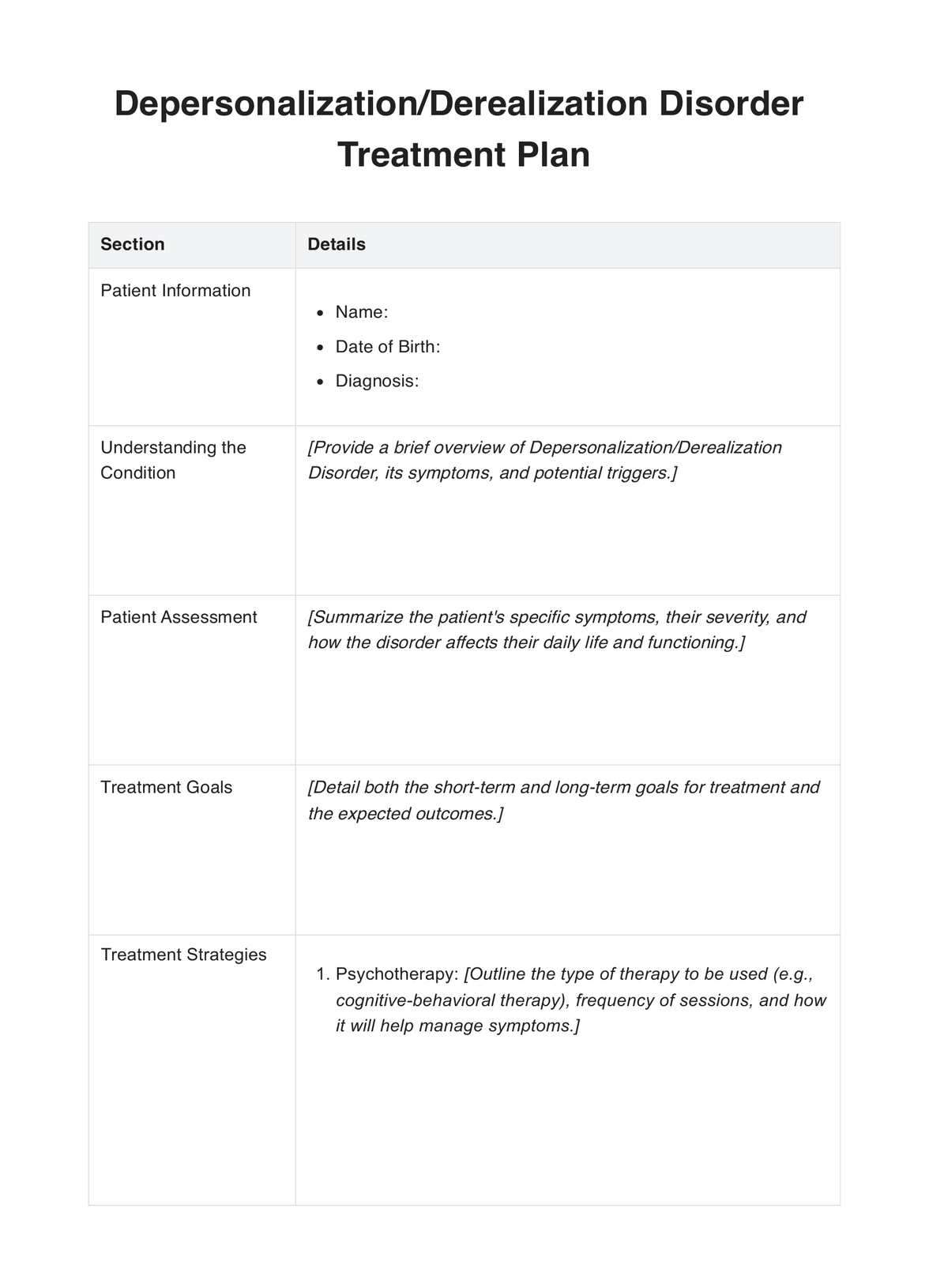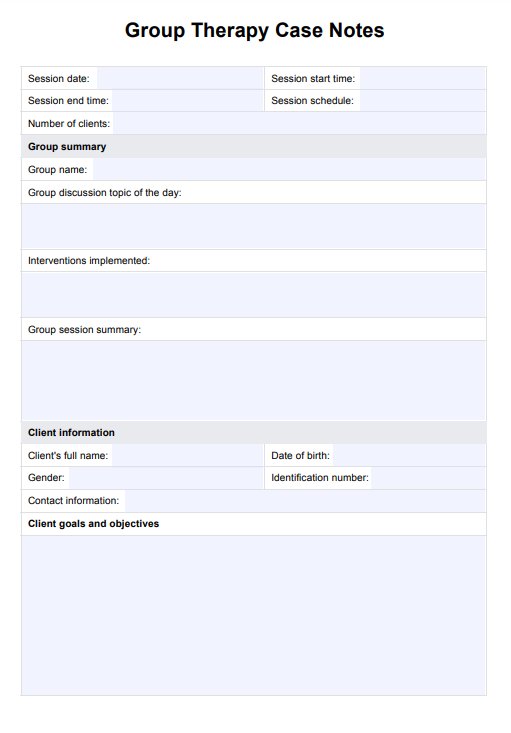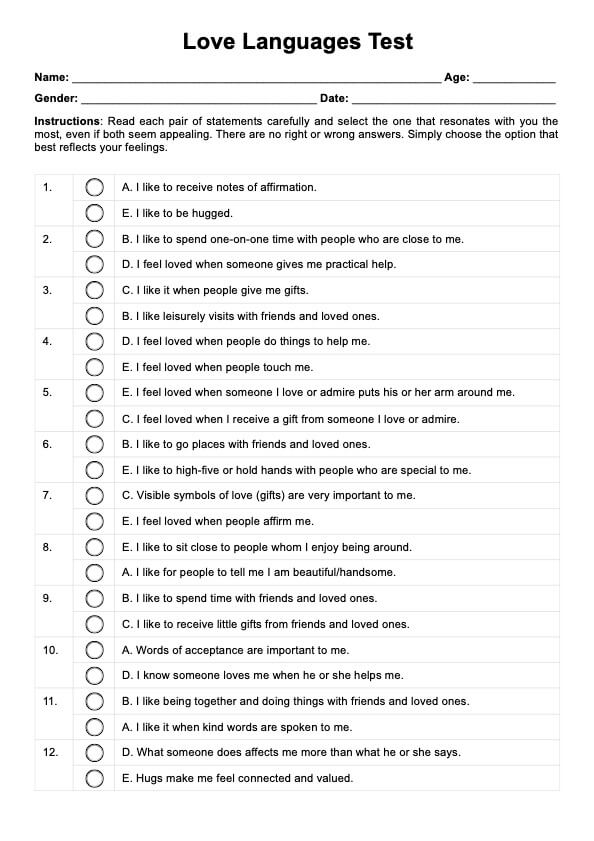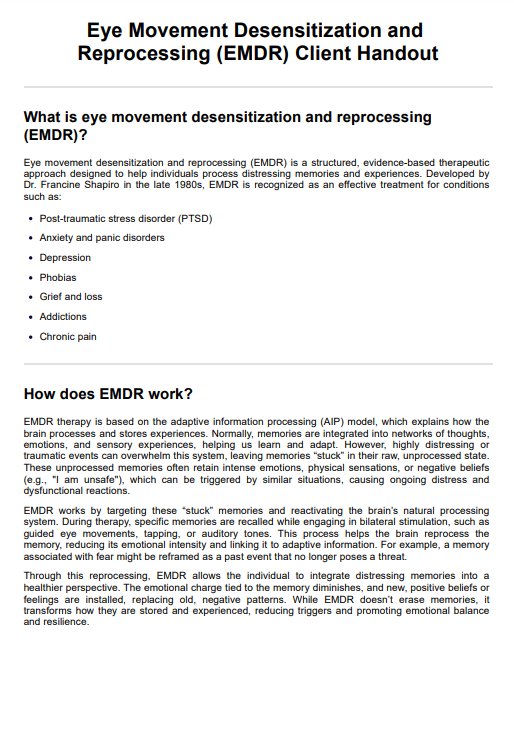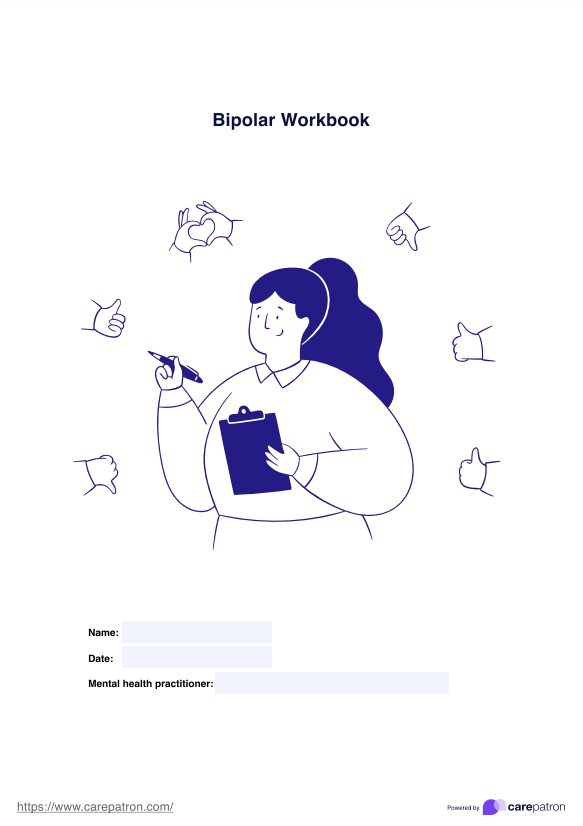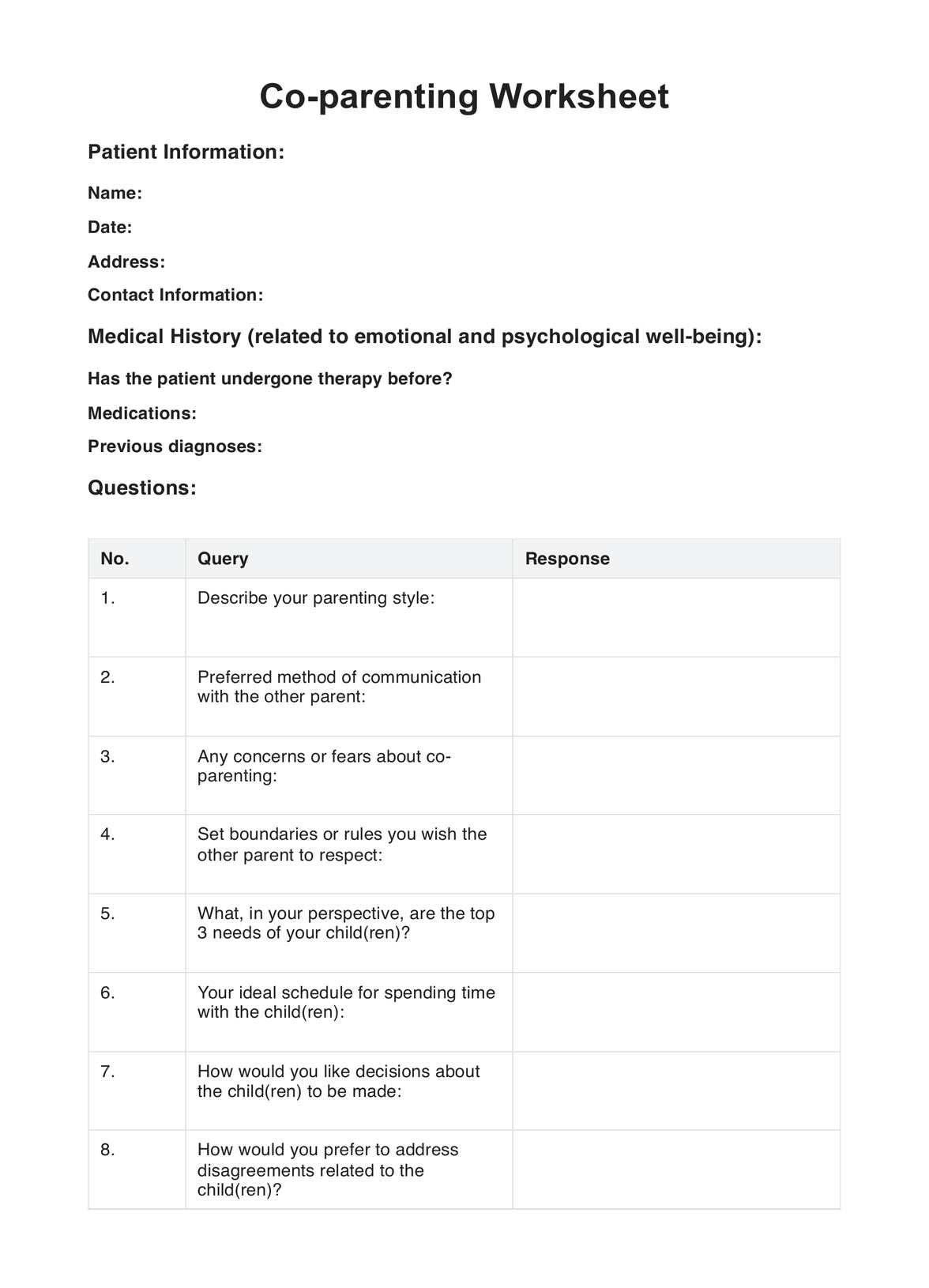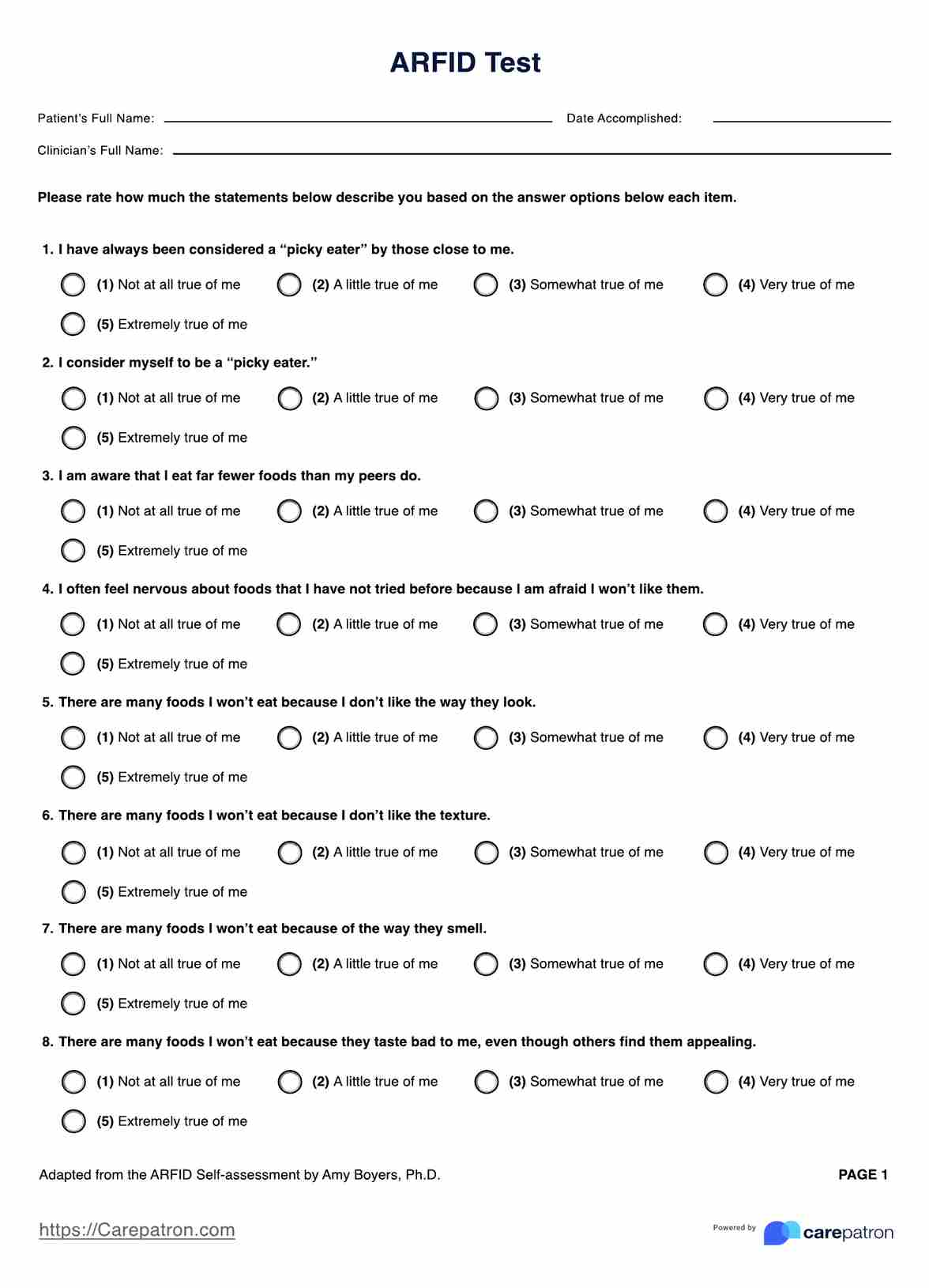Recreation Therapy Activities
Use our Recreation Therapy Activities handout and boost clients' well-being with activity ideas tailored to their needs! Download this for free.


What is recreation therapy?
Recreation therapy, or therapeutic recreation, is a systematic approach that employs leisure activities and physical movement to enhance the well-being of individuals with illnesses or disabling conditions. Recreational therapists aim to improve mental health, physical ability, social skills, and cognitive abilities by utilizing a blend of fun, focus, and functional interventions. Often working in skilled nursing facilities, mental health centers, or community settings, recreational therapists develop personalized therapeutic recreation programs based on assessed needs.
By engaging in activity-based interventions like physical activity, music, art, and group-based games, participants experience increased self-esteem and self-confidence, learn new skills, and enjoy social engagement. This form of therapy utilizes recreation, emphasizing leisure education, creative ideas, and self-expression. It offers significant benefits in stress reduction, social interaction, and overall quality of life, making it a vital component of treatment and recovery for diverse populations.
Recreation Therapy Activities Template
Recreation Therapy Activities Example
How to use this Recreation Therapy Activities template
Recreational therapy can improve the psychological and physical health of clients. Follow these steps to incorporate therapeutic recreation into your sessions:
Step 1: Access this template
Get a copy of the Recreation Therapy Activities handout by clicking the "Use Template" button to open an editable and fillable version in the Carepatron app. You can also click "Download" for a ready-to-print version that you can use during sessions.
Step 2: Explain the activities to the clients
Explain the activity categories and examples to the clients. These activities aim to address various therapeutic goals, such as improving physical fitness, enhancing emotional expression, or improving social connections.
Step 3: Select appropriate activities
Choose recreational activities that align with your client’s therapeutic needs and preferences. Consider their physical abilities, emotional state, and interests to ensure the activities are both engaging and effective. For example, a client working on emotional expression might benefit from creative arts, while a client needing physical rehabilitation could benefit from fitness activities.
Step 4: Plan and implement the activities
Once activities are chosen, instruct clients about the activity, materials needed, and goals for the session. During implementation, you may guide your client through the activity and offer support and adjustments as needed. In your next session, assess its effectiveness and make note of client experiences for future planning.
When to use Recreation Therapy Activities
Recreational therapy activities can be used in various contexts and for different therapeutic goals. Here are three common scenarios where they work particularly well:
When a client is recovering from an injury or illness
Recreation therapy can be crucial in helping clients rebuild strength and coordination after a medical event. Activities like yoga, walking, or light sports are great for improving physical fitness and encouraging a sense of progress during recovery.
When a client is struggling with mental health challenges
If a client is dealing with anxiety, depression, or stress, recreation therapy can offer a creative and engaging outlet. Art, music, or even humor-based activities can help clients process emotions, reduce tension, and build healthier coping skills for optimal emotional well-being.
When a client needs to improve social skills
For clients who feel isolated or have difficulty connecting with others, recreation therapy provides a safe and enjoyable way to practice communication and teamwork. Group games, collaborative crafts, or social outings are great options to facilitate a sense of connection and belonging.
The Benefits of Recreation Therapy Activities handout
Recreation therapy activity handouts are practical tools for you, offering structure and guidance for planning effective therapeutic sessions. Here are three key benefits of using these handouts:
Saves time and simplifies planning
Handouts provide a ready-made framework, making it easier to plan activities tailored to clients' needs. With examples, you can quickly choose activities that align with the client's therapeutic goals, reducing preparation time.
Ensures consistent and effective sessions
Using recreation therapy resources helps maintain consistency across sessions by providing a reliable reference. This ensures that each activity is implemented correctly, maximizing its therapeutic impact.
Encourages client engagement and understanding
Our handout can also be shared with clients to explain the purpose of activities and how they support their goals. This transparency promotes trust and encourages clients to participate more actively in their therapy sessions.
Commonly asked questions
Recreational therapy in skilled nursing facilities is crucial in improving residents' mental health and self-esteem. Residents can develop new skills, experience self-expression, and enhance their cognitive abilities by engaging in various leisure activities and social interactions. This systematic engagement in fun and meaningful activities uplifts their mood and boosts their confidence and self-worth.
Yes, recreational therapy utilizes physical activities and sports as a form of treatment to tackle anxiety and stress. They are engaging in physical movement and sports leads to the release of endorphins, which are natural mood lifters. This form of therapy helps individuals develop coping skills, improve their physical health, and gain a sense of achievement, all of which contribute to reducing feelings of stress and anxiety.
Recreational therapy in a group setting is an effective way to enhance social skills. Through structured group activities and interventions, individuals are encouraged to interact, communicate, and cooperate with others. This social engagement provides a safe space for practicing and improving interpersonal skills, leading to increased social confidence and better relationship-building abilities.


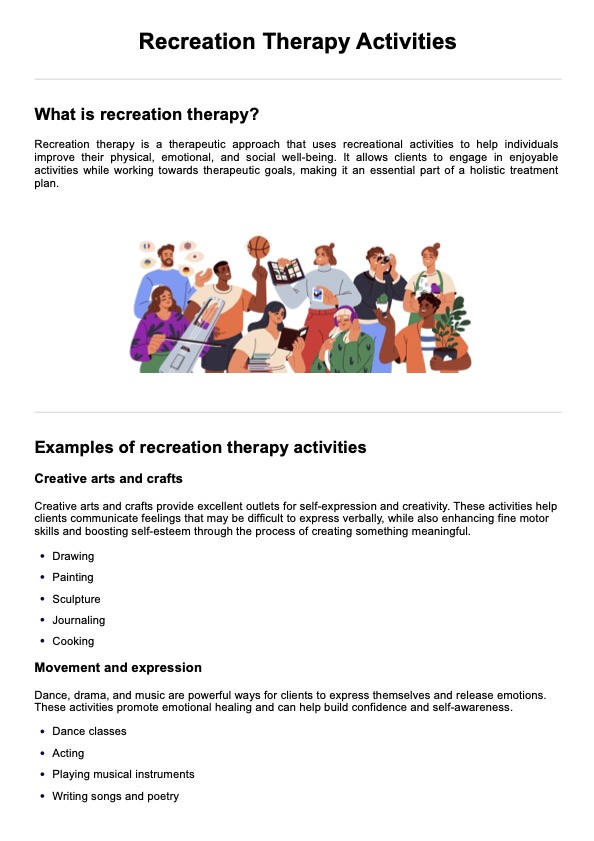
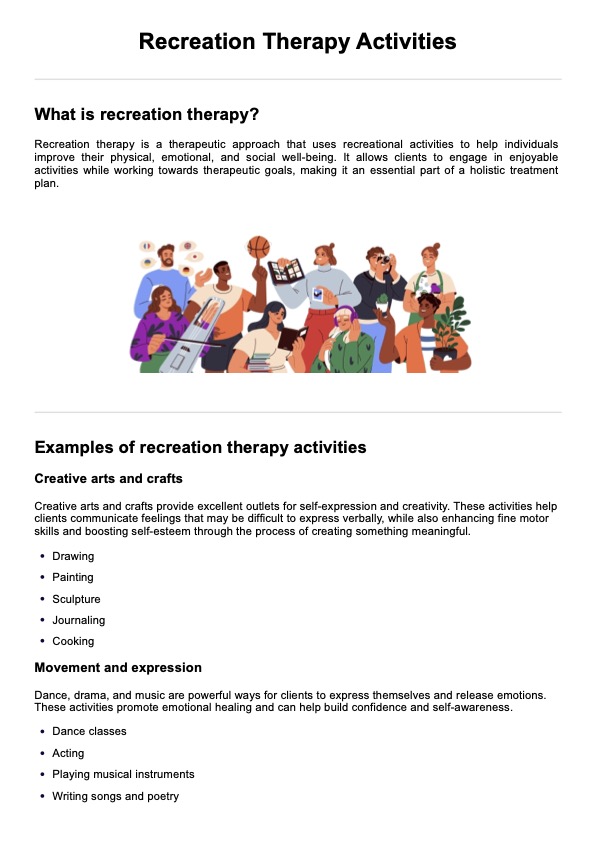

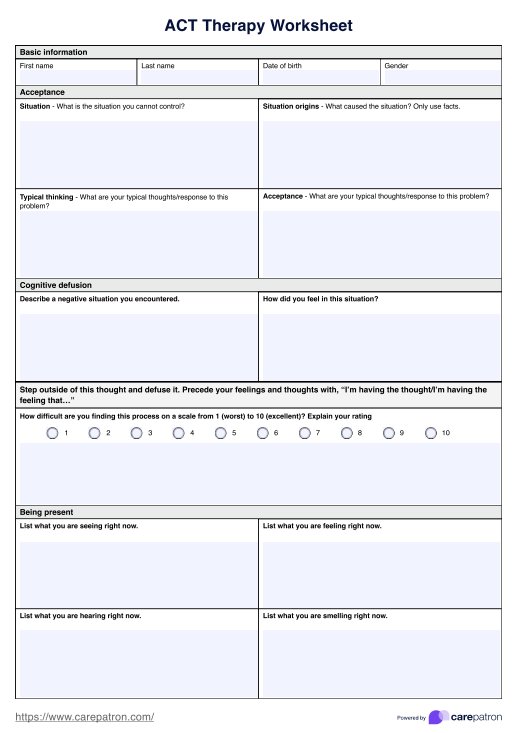
















-template.jpg)



















































































